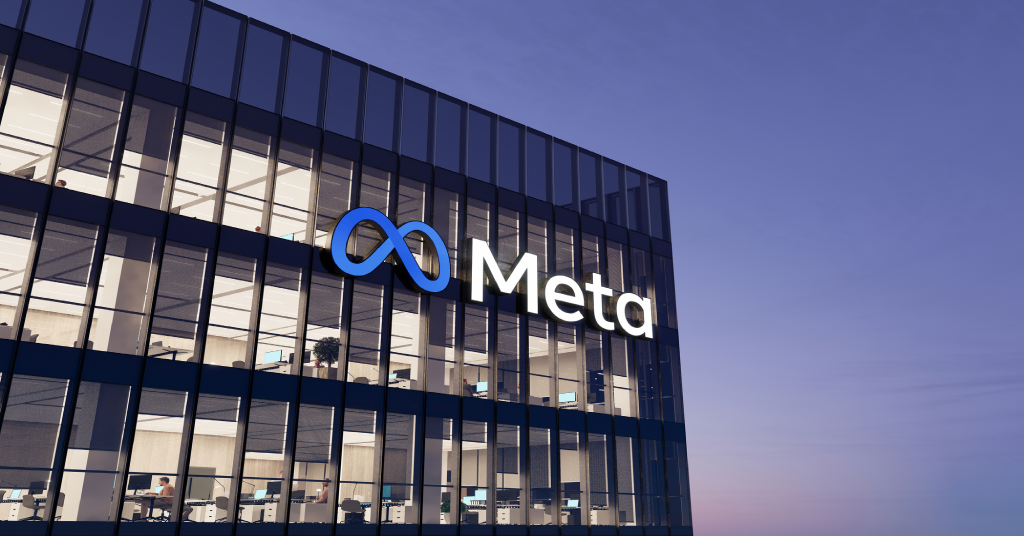Meta’s potential withdrawal from Nigeria represents a critical juncture in the complex relationship between global tech giants and national regulatory authorities. The dispute, centered around alleged data privacy violations and hefty fines, highlights the growing tension as governments seek to assert greater control over the activities of powerful multinational corporations within their borders. Meta, the parent company of Facebook and Instagram, argues that the Nigerian government’s demands are unreasonable and impractical, threatening to suspend its services in the country if forced to comply. This standoff has significant implications not just for Meta and its Nigerian users but also for the broader landscape of digital governance and the future of internet access, particularly in developing nations.
The core of the conflict lies in allegations of data misuse and inadequate protection of user privacy. The Nigerian government, through agencies like the Federal Competition and Consumer Protection Commission (FCCPC) and the Nigeria Data Protection Commission (NDPC), accuses Meta of failing to adhere to local data protection regulations. These alleged violations include sharing user data without consent, denying users control over their personal information, and exploiting market dominance to the detriment of Nigerian consumers. The FCCPC’s investigation, while lacking in publicly disclosed specifics, points to “invasive practices” allegedly employed by Meta. The NDPC, on the other hand, has focused on Meta’s cross-border data transfer practices and its alleged failure to implement adequate safeguards to prevent misuse of personal data.
Adding fuel to the fire are the substantial financial penalties imposed on Meta. The Nigerian authorities have levied nearly $290 million in fines against the company, with a payment deadline set for the end of June 2025. Meta’s legal challenge to these penalties was dismissed by the Federal High Court in Abuja, further escalating the tension. The company argues that these fines are disproportionate and unjust, reflecting a misunderstanding of its operations and a disregard for the efforts it has made to comply with Nigerian law. The looming deadline, coupled with the court’s decision, has forced Meta to consider the drastic step of suspending its services in Nigeria, a move that would have profound ramifications for millions of users and the country’s digital economy.
Meta’s primary objections to the Nigerian government’s demands revolve around two key issues: cross-border data transfers and the mandated inclusion of government-approved educational content. The NDPC requires prior approval for all cross-border personal data transfers, a condition Meta deems impractical and inconsistent with Nigeria’s data protection laws. The company argues that implementing such a requirement would severely impede its ability to provide efficient and seamless services to its users. Furthermore, the NDPC has mandated the inclusion of an icon linking to government-approved videos on data manipulation risks, a demand Meta considers unfeasible and potentially compromising to its platform’s integrity. The company views these requirements as overreaching and unnecessary, arguing that they go beyond the scope of reasonable regulatory oversight.
The potential repercussions of Meta’s withdrawal from Nigeria are significant. Facebook, in particular, plays a vital role in the country’s social and economic landscape. Millions of Nigerians rely on the platform for communication, news dissemination, and online commerce. Small businesses, a crucial component of the Nigerian economy, heavily depend on Facebook for marketing and customer engagement. A shutdown of Facebook and Instagram would disrupt these activities, potentially hindering economic growth and limiting access to information. Furthermore, the standoff could set a precedent for other countries seeking to regulate global tech companies, potentially leading to further clashes between national sovereignty and the operations of multinational corporations.
The Meta-Nigeria dispute underscores the ongoing global debate regarding the regulation of Big Tech. It raises fundamental questions about the balance between national interests, data privacy, and the free flow of information. The outcome of this standoff will have far-reaching implications, shaping the future of digital governance and the relationship between governments and powerful tech platforms. A resolution requires careful consideration of all stakeholders’ interests, balancing the need for robust data protection with the importance of maintaining access to vital online services. Finding common ground will be crucial to ensuring a sustainable and equitable digital future for Nigeria and the wider global community.














